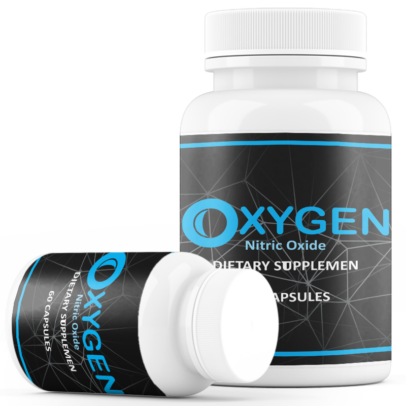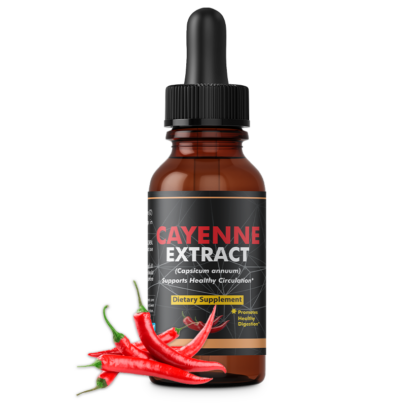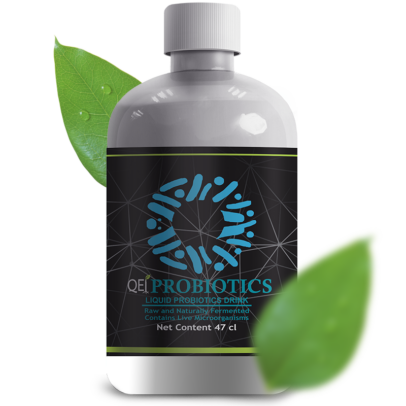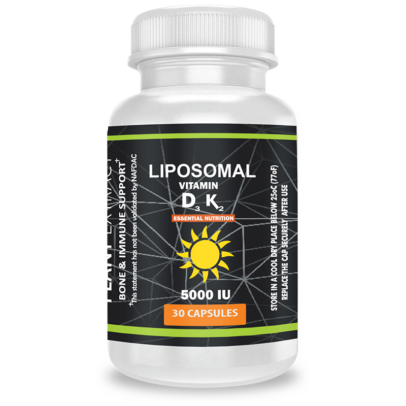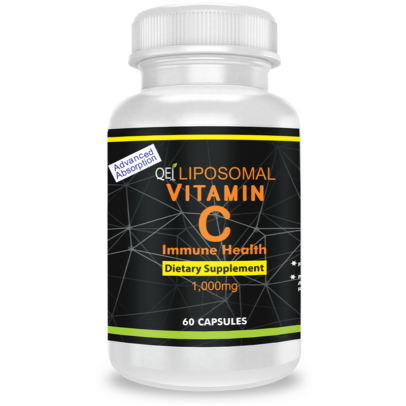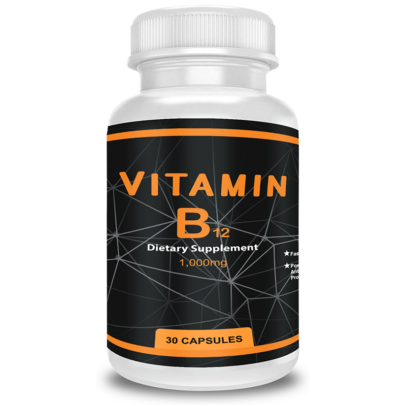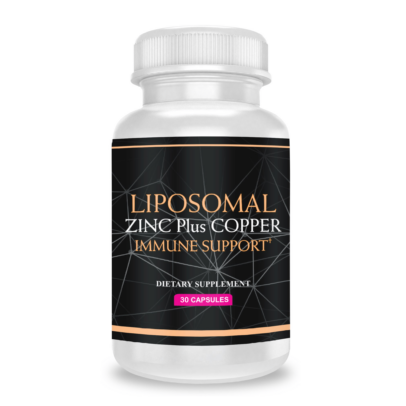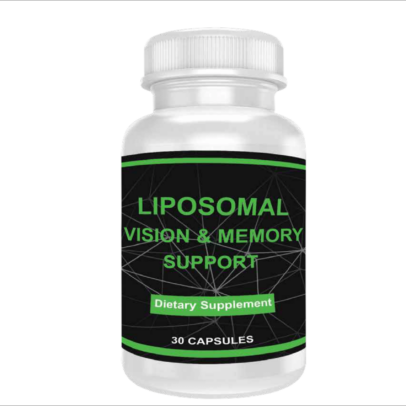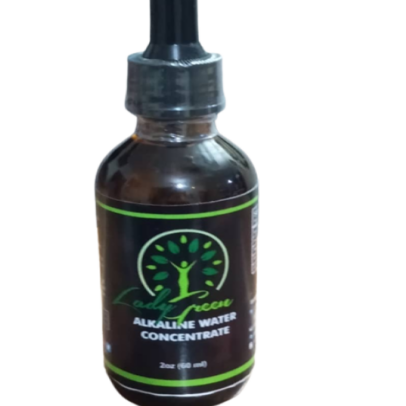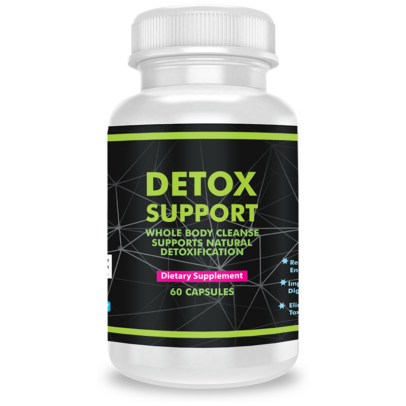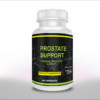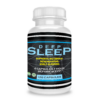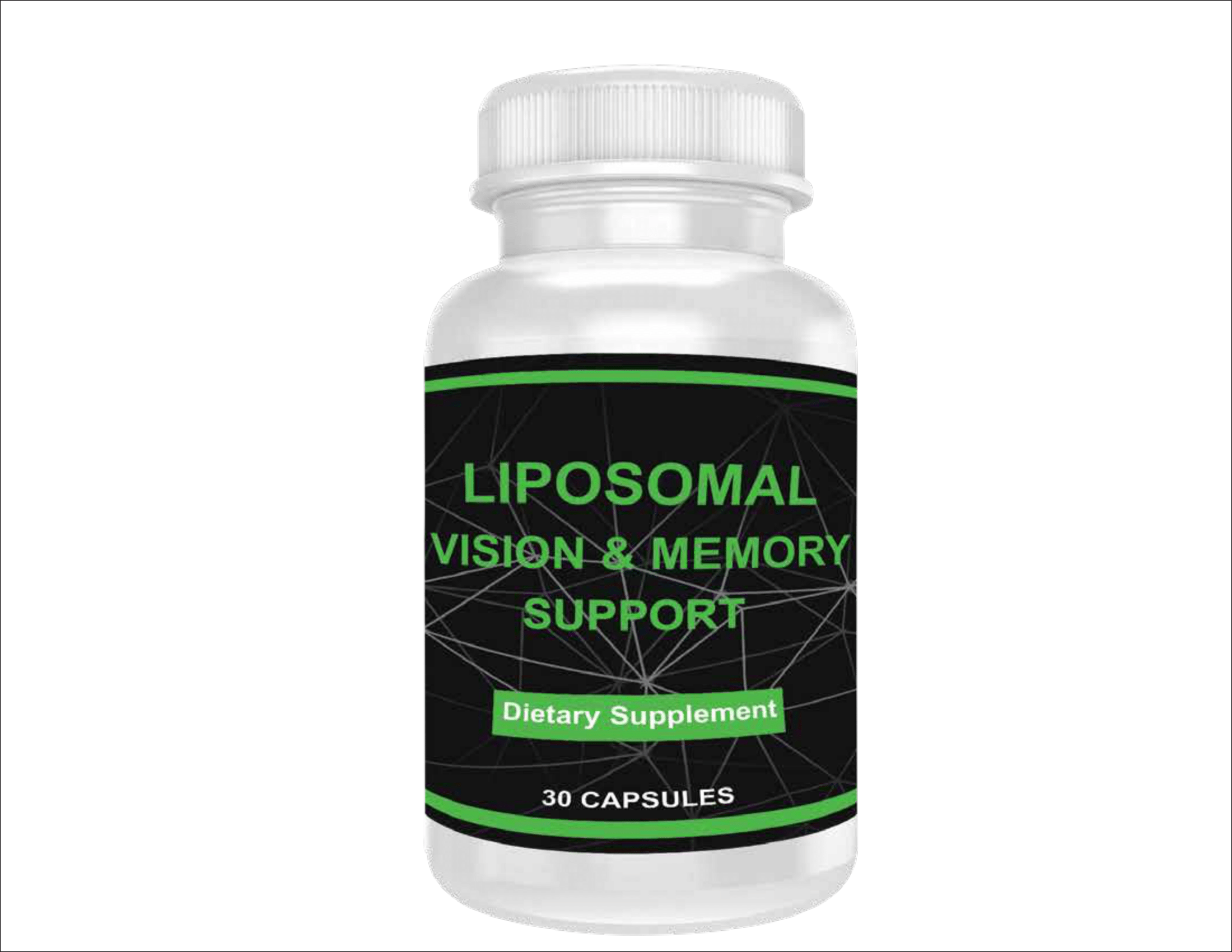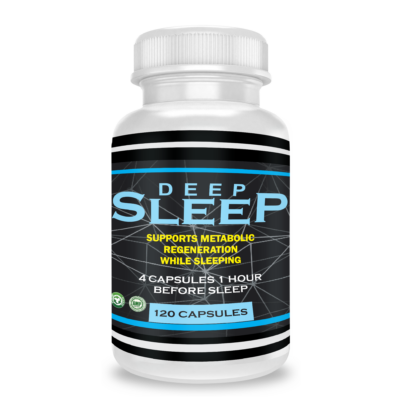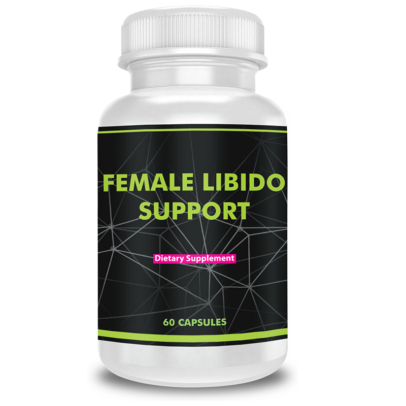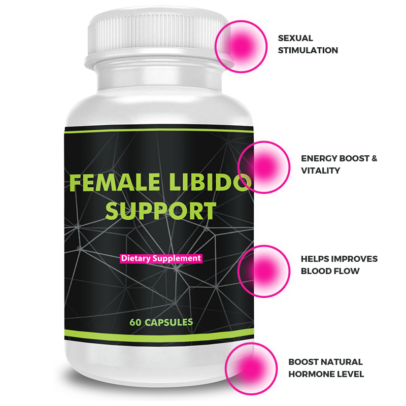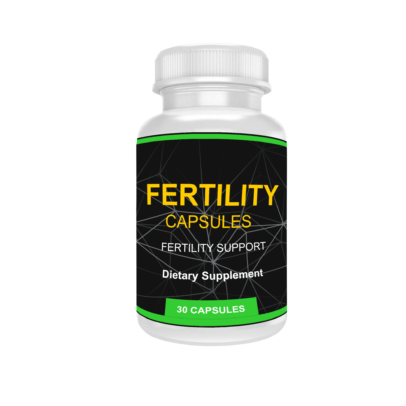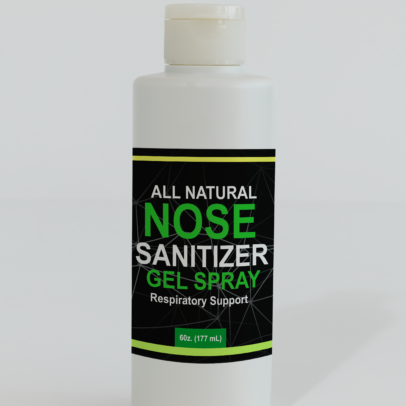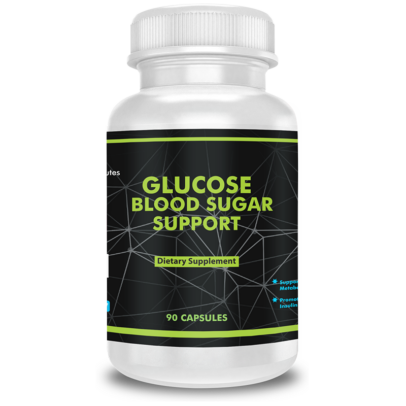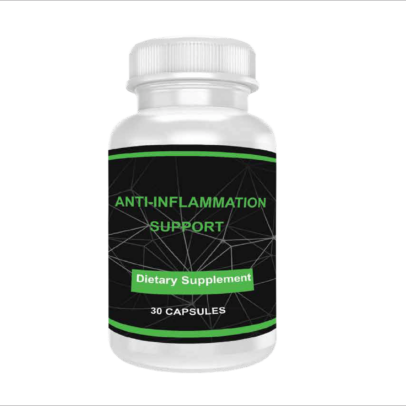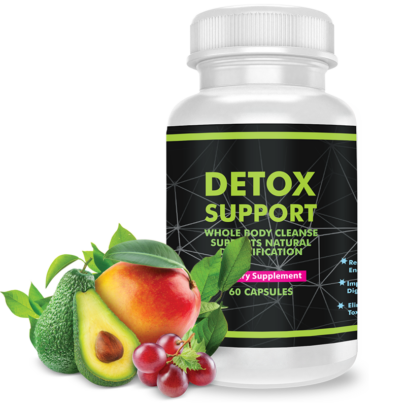
Liposomal Vision and Memory Support
Liposomal Vision and Memory Support
Vision and Memory support helps protect against oxidative cell damage from harmful free radicals, prevent eye disease including cataracts and age-related macular degeneration, improves vision, helps in memory enhancement, rebuild macular pigment, screening out harmful blue light, fighting inflammation and reducing oxidative stress in the eyes and brain.
Free
Worldwide Shopping
100%
Guaranteed Satisfaction
30 Day
Guaranteed Money Back
Ingredients; Ginkgo Biloba, Lutein 10%, Meso-Zeaxanthin 10%, Natural Zeaxanthin 5%, Sunflower Lecithin, Vegetable Capsule, Medium Chain Trigyceride


Ingredients of Liposomal Vision and Memory Support
GINKGO BILOBA
Ginkgo, scientifically known as ginkgo biloba, is a sizable tree distinguished by its fan-shaped leaves. Revered as one of the most ancient trees still in existence, the ginkgo tree’s history extends back over 200 million years. While originally indigenous to China, Japan, and Korea, it has found cultivation in Europe and the United States as well. Across history, ginkgo has been ingested to address an array of concerns such as memory and cognitive issues, anxiety, and visual impairments, among others. Gingko boasts notable concentrations of flavonoids and terpenoids, compounds renowned for their antioxidant properties that safeguard cells against oxidative damage caused by detrimental free radicals. Its applications encompass memory enhancement, managing dementia and Alzheimer’s, and mitigating symptoms associated with anxiety. Moreover, ginkgo is recognized for its potential to enhance the visual well-being of individuals grappling with conditions like glaucoma.
LUTEIN 10%
Lutein, categorized as a carotenoid, is an organic pigment intricately linked to beta-carotene and vitamin A. Often hailed as the “eye vitamin,” lutein holds prominence due to its association with visual health. Within the human eye, specifically in the macula and retina, lutein stands as one of the primary carotenoids. Its pivotal role lies in acting as a light filter, offering protection to delicate eye tissues against potential damage from sunlight. Foods renowned for their lutein content comprise egg yolk, spinach, kale, corn, oranges, peppers, kiwi fruits, grapes, zucchini, and squash. Lutein is frequently taken as a measure to safeguard against ocular ailments, notably cataracts and age-related macular degeneration (AMD), which affect the eyes’ health and functionality.
MESO-ZEAXANTHIN 10%
Meso-zeaxanthin, a carotenoid, emerges as a result of the breakdown of Lutein and Zeaxanthin within the body. It is not commonly obtained from dietary sources. The presence of Meso-zeaxanthin can be found in the skin of certain fish species, such as salmon. However, a substantial consumption exceeding 200,000 trout would be necessary to attain the requisite amount for initiating the restoration of the macular pigment. Distinguished as the most potent macular carotenoid in ocular biology, Meso-zeaxanthin serves several vital functions. It plays a pivotal role in the reconstruction of the macular pigment, which in turn aids in blocking out detrimental blue light. Additionally, Meso-zeaxanthin contributes to combating inflammation and minimizing oxidative stress within both the eyes and the brain.
NATURAL ZEAXANTHIN 5%
Natural Zeaxanthin belongs to the xanthophyll class of carotenoids, demonstrating antioxidant properties and being soluble in fats. It is naturally present within the human eye, assuming a pivotal role in sustaining vision and promoting ocular health, consequently mitigating the risk of eye-related disorders. This compound also participates in establishing a protective shield of yellow pigment, adeptly shielding ocular cells from the detrimental impact of specific light sources, particularly the sun. Its attributes encompass both antioxidative and anti-inflammatory benefits, effectively lowering the susceptibility of eye disorders. Through safeguarding ocular cells against the perils of free radicals – unstable molecules that inappropriately seize electrons from healthy cells, causing oxidative damage – Zeaxanthin substantially bolsters ocular defense mechanisms. Its protective actions extend to combating age-related eye ailments, including macular degeneration, cataracts, glaucoma, and diabetic retinopathy. Beyond its ocular roles, Zeaxanthin’s influence extends to cerebral realms, particularly in regions associated with decision-making, motor control, and cognitive functions. Its presence has been noted to ameliorate symptoms of Alzheimer’s disease, underscoring its multifaceted contribution to overall well-being.
SUNFLOWER LECITHIN
Sunflower lecithin represents a natural amalgamation of phospholipids and other compounds sourced from sunflower seeds, encompassing glycerophospholipids, glycolipids, triglycerides, and free fatty acids. The core phospholipids within sunflower lecithin include phosphatidylcholine, phosphatidylethanolamine, and phosphatidylinositol. These phospholipids, critical constituents of cellular membranes hold a pivotal responsibility in preserving membrane fluidity and integrity. Notably abundant in choline, sunflower lecithin serves as a valuable contributor to the proper functioning of the nervous system. Choline’s role extends to the production of the neurotransmitter acetylcholine, integral for memory, learning, and muscle control. The application of lecithin spans protection against age-related cognitive decline, enhancement of cognitive function among older adults dealing with Alzheimer’s disease and dementia, and support for anxiety and depression symptoms through its inositol content. Sunflower lecithin harbors potential in augmenting blood vessel functionality and reducing the risk of heart disease by mitigating inflammation. It houses compounds capable of lowering blood pressure and fostering improved circulation, thereby further bolstering cardiovascular well-being. The benefits continue with the promotion of optimal liver function—facilitating fat synthesis and transport within the liver, safeguarding liver cells, and aiding bile production for digestion and fat absorption. Lecithin’s role also extends to forming a protective barrier within the intestinal mucosal lining, deterring the intrusion of harmful bacteria. This attribute proves valuable in the management of ulcerative colitis and inflammatory bowel disease. Beyond this lecithin’s prowess encompasses bone fortification and aiding in the management of arthritis. With its antioxidant qualities, it demonstrates the capacity to diminish inflammation within bones and joints. Additionally, its contribution to muscle lubrication translates to alleviation of muscle stiffness.
VEGETABLE CAPSULE
Vegetable capsules, composed of Hypromellose, derived from vegetable cellulose and are sourced from softwood trees like pine, spruce, and fir trees. These capsules are designed for effortless ingestion and are characterized by their swift breakdown within the digestive system.
MEDIUM CHAIN TRIGLYCERINE
Medium-chain triglycerides (MCTs) are derived from coconut oil or palm kernel oil and are also present in various foods, including dairy products. MCT oil comprises triglycerides with medium-length fat chains. These chains, being shorter in comparison, undergo quicker digestion compared to the longer-chain fatty acids prevalent in numerous other dietary sources. MCT oil serves as a rapid source of energy and facilitates weight loss efforts. Additionally, its properties encompass combating bacterial proliferation and assisting in the management of specific neurological conditions.


